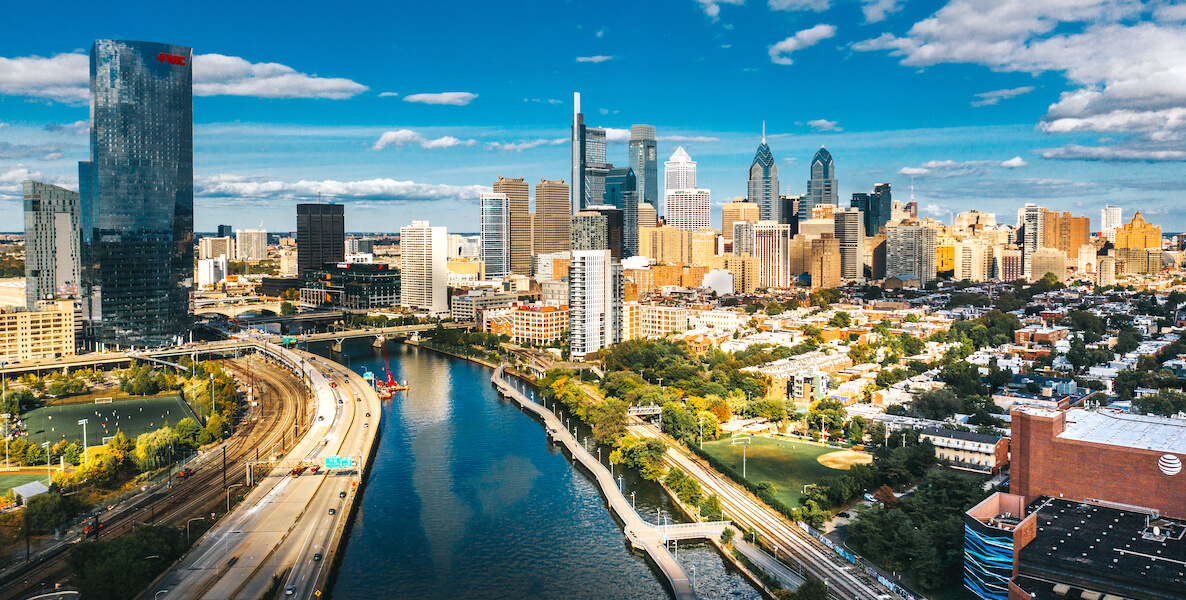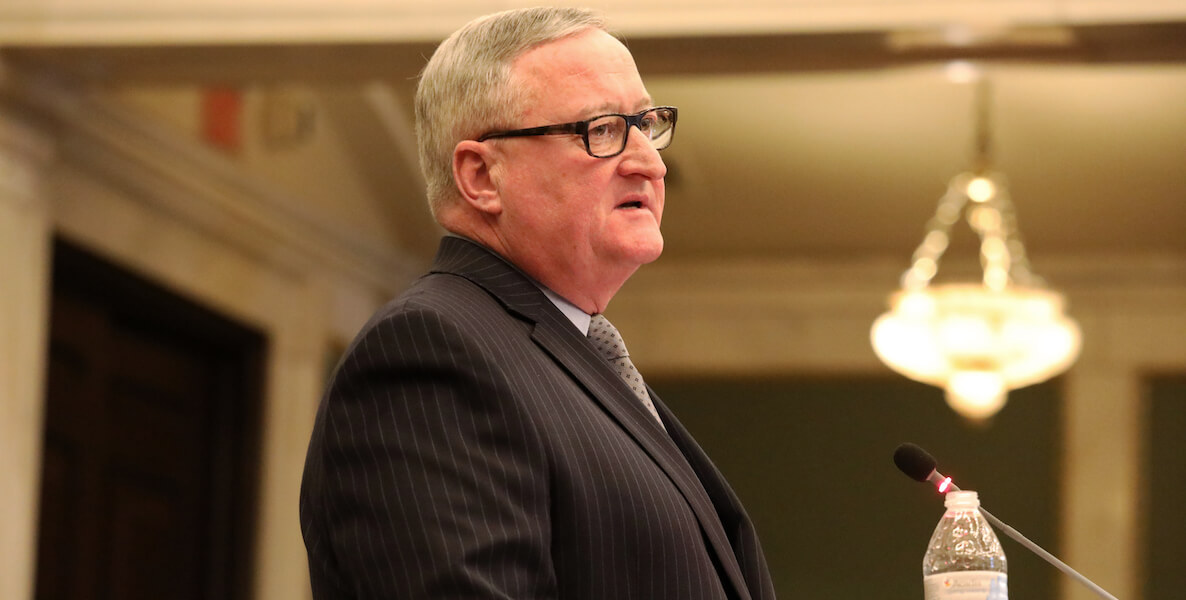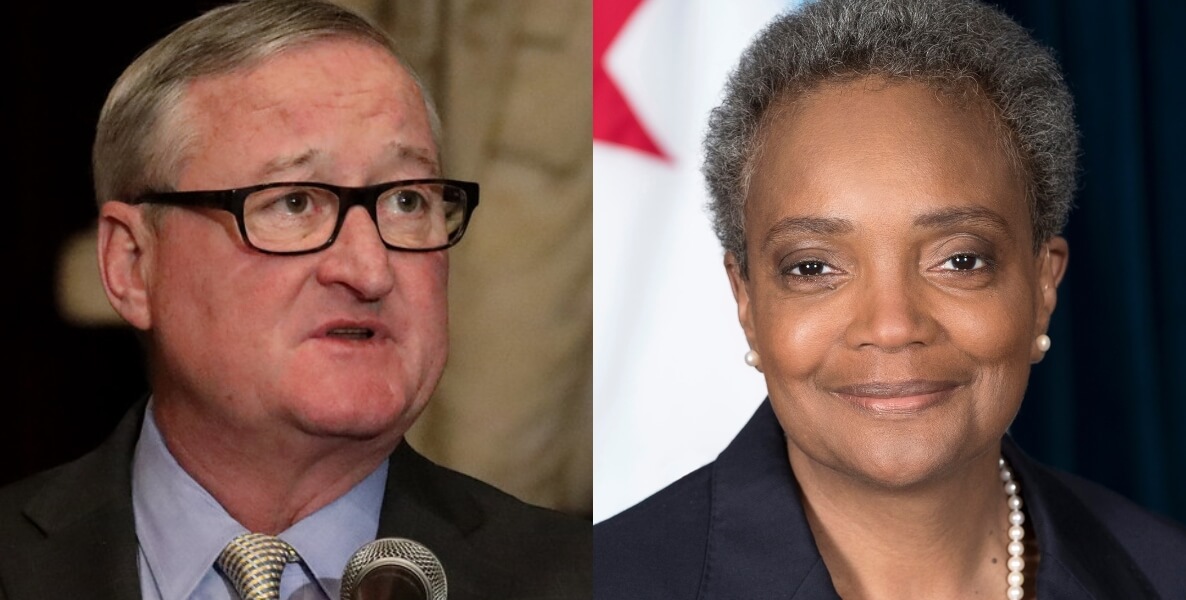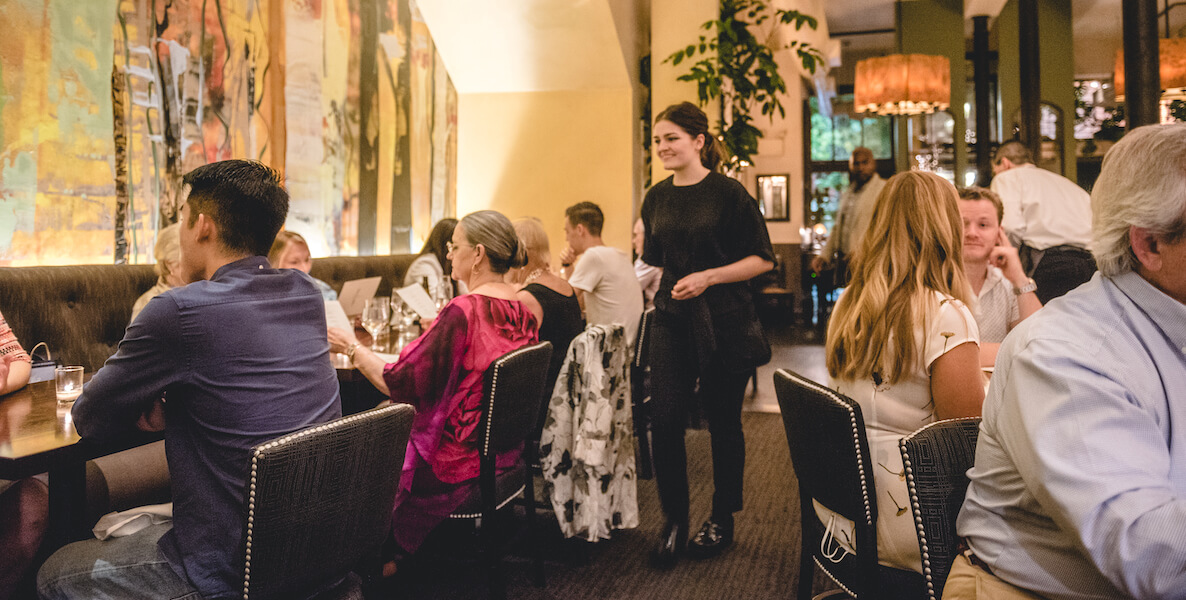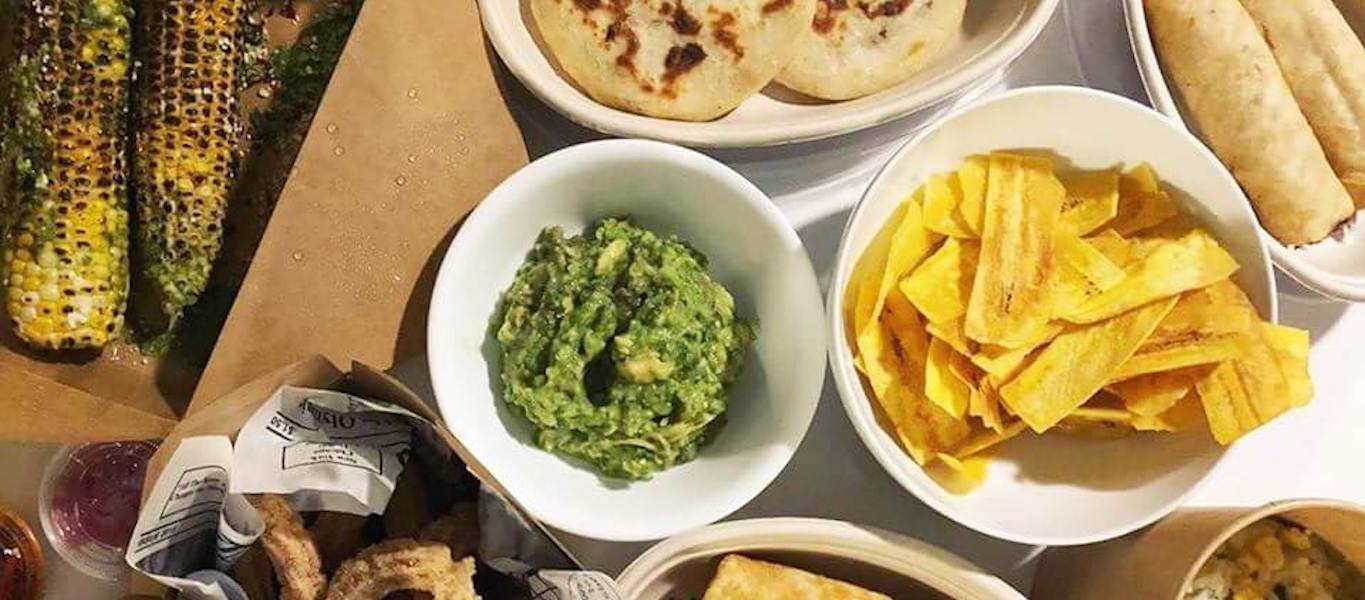![]() First, let’s get the false sense of security out of the way: Yes, Mayor Jim Kenney, after months of pump fakes and hemming and hawing that led chef Marc Vetri to publicly lambaste him, has signed on to the idea of local restaurants opening for indoor dining beginning September 8.
First, let’s get the false sense of security out of the way: Yes, Mayor Jim Kenney, after months of pump fakes and hemming and hawing that led chef Marc Vetri to publicly lambaste him, has signed on to the idea of local restaurants opening for indoor dining beginning September 8.
So…problem solved, right? Surely, between outdoor dining, take out and now indoor dining at 25-percent capacity to help insure social distancing, local restaurants are on their way back, right?
“No, not at all,” says Ellen Yin, whose Fork has long been one of the city’s culinary crown jewels. “We’re going to need two days of revenue just to cover the cost of one manager. We got a PPP loan in the beginning of April, but that was only for eight weeks. This has been five months now. I was talking to [fellow restaurateur] Aimee Olexy the other day, and she said you can’t just put restaurants to sleep. A few weeks is one thing, but over months, your physical plant starts to go. We just had a $10,000 bill to fix our refrigeration.”
Yin’s story is not unique. Of the first 23 million people to lose their job due to the coronavirus pandemic, six million worked in restaurants. Even with indoor dining about to resume, the industry remains in dire straits. It’s not an exaggeration to say it’s staring at extinction, with one study projecting that, in the absence of action, 85 percent of independent restaurants are likely to close for good before the end of the year.
![]() That’s why, when her friend and fellow Philly restaurateur Tyler Akin called and asked her to join something called the Independent Restaurant Coalition, Yin jumped at it and began participating in the coalition’s regular calls to plot a campaign to save her industry.
That’s why, when her friend and fellow Philly restaurateur Tyler Akin called and asked her to join something called the Independent Restaurant Coalition, Yin jumped at it and began participating in the coalition’s regular calls to plot a campaign to save her industry.
The IRC was the brainchild of a number of bold-face name chefs, including Jose Andres and Tom Colicchio, and it has lobbied the political class with bipartisan support for the RESTAURANTS Act, which would establish a $120 billion fund to help independent restaurants—and their supply chains—stay afloat. Why, they’ve even trotted out the quintessential Voice of God—Morgan Freeman—in this commercial.
Interesting, isn’t it, that when Covid-19 hit, Congress and the President stepped right up to bail out the airlines and cruise ships? Unlike the leaders in those industries, restaurateurs tend to be artists, not backroom political operators. Their passion is in the kitchen; rather than add armies of K Street lobbyists to the payroll, they spend precious dollars on, I don’t know, leeks and choice cuts of beef.
The IRC seeks to counter that trend, and infuse the industry with grassroots political power. After all, America loves its restaurants, right? Well, now might be a good time to show it.
Independent restaurants might be seen, in the words of the IRC, as “too small to fail,” but together they represent 11 million workers, and 5 million more in the form of all those growers, packers, fishermen, vintners, butchers, bakers, linen providers and pest control companies that make up their respective supply chains.
Those economic tentacles are why it is estimated that the industry accounts for 4 percent of the nation’s GDP. It’s a $650 billion industry with narrow profit margins—something like 90 percent of revenue is paid to employees, suppliers and for rent.
In these fractured political times, you can just hear the other side, can’t you? Another bailout? When will it end? We’ve heard that refrain coming from Congress, where the president and Republican congressional leaders have walked away from the negotiations over a new stimulus package that many hope will include the RESTAURANTS Act.
(By the way, because Congress has never met an acronym it doesn’t pine for, the act’s official name is the Real Economic Support That Acknowledges Unique Restaurant Assistance Needed to Survive Act. RESTAURANTS, get it?)
![]() Elected officials like Senator Rand Paul—“So all of these governors, Democrat and Republican, will not have an incentive to open the economy if you soften the amount of suffering that they have created”—seem in denial both of the scope of the problem and of the fact that what might appear to be a handout is actually a smart, pro-growth investment.
Elected officials like Senator Rand Paul—“So all of these governors, Democrat and Republican, will not have an incentive to open the economy if you soften the amount of suffering that they have created”—seem in denial both of the scope of the problem and of the fact that what might appear to be a handout is actually a smart, pro-growth investment.
One elected leader who does get that is Rep. Brian Fitzpatrick, a throwback, middle-of-the-road Republican who was elected in 2017 to represent Pennsylvania’s 1st congressional district, covering all of Bucks and part of Montgomery counties.
Fitzpatrick is one of the rare true believers in bipartisanship still standing; he identifies “the bigotry of partisanship” as one of Congress’ most pressing maladies. So it is no surprise that he is the co-sponsor of the House’s RESTAURANTS Act along with Democratic Rep. Earl Blumenauer of Portland, Oregon.
“Once the pandemic hit, I couldn’t go to a restaurant in our neighborhood without hearing from an owner about how dire things are,” Fitzpatrick told me when I caught up with him recently. “There’s a time factor that other industries don’t face, particularly here in the Northeast. Once the weather gets cold and there’s no more outdoor dining, what do you do?”
Fitzpatrick is a proud member of the House’s Problem Solvers Caucus, which consists of 50 members—25 from each party—who are committed to working together on public policy solutions. They sit together at State of the Union addresses, visit each other in their home districts, and actively work together on finding common ground.
So, in May, when he saw some tweets from Blumenauer about the tsunami independent restaurants were about to face, “I found Earl on the House floor and said, ‘We should work together on this,’” Fitzpatrick says.
![]() The result is a bill with wide bipartisan support, including Lindsay Graham (R-SC) and Kyrsten Sinema (D-AZ) in the Senate, and Philly’s own Dwight Evans in the House. Alas, it was barely talked about amidst all the foot-stomping that characterized the talks between House and Senate leadership over a new stimulus package.
The result is a bill with wide bipartisan support, including Lindsay Graham (R-SC) and Kyrsten Sinema (D-AZ) in the Senate, and Philly’s own Dwight Evans in the House. Alas, it was barely talked about amidst all the foot-stomping that characterized the talks between House and Senate leadership over a new stimulus package.
Those talks have broken down, in no small measure thanks to an absence of presidential leadership. The dealmaker-in-chief never even sat down with congressional leadership to actually govern.
“I can’t tell you I’m not discouraged, at least until I get that call from Minority Leader Kevin McCarthy and Speaker Pelosi that we’ve got an agreement and the RESTAURANTS Act lives,” Fitzpatrick said. “That’s why we need a bottom-up pressure campaign. There’s strength in numbers, which is why leadership needs to start hearing from their constituents.”
That dovetails with Yin’s prescription, as well: Call your electeds, she says. She also ticks off a litany of small acts you and I can undertake to help those likely to be caught up in what, to hear her and others tell it, is a forthcoming restaurant depression. Tip generously. Support your neighborhood establishment. Wear masks. Don’t no-show a reservation. Be patient with service lapses—“restaurants are trying to figure all this out, too.”
All good advice, in no small measure because, when you think of it, few have exhibited more of a commitment to civic good than the restaurant industry.
Sure, restaurants are disproportionately charitable. But it goes deeper than that. The idea of community is baked into their DNA: They host our coming together and connecting. They provide us sustenance and forums for fellowship. They employ minorities and immigrants. They mean something to a city, to its vibrancy and self-image.
As an act of local patriotism, we should have their back now. That’s why I’m inviting Fitzpatrick and Democratic Rep. Chrissy Houlahan—Fitzpatrick’s colleague on the Problem Solvers Caucus with whom we’re doing a virtual event September 16—to join me for a meal at one of Yin’s restaurants next month.
We’ll wear our masks and tip at 50 percent and invite TV cameras to see how much restaurants and their workers mean to us. And, uh, you can do the same at an eatery near you.
Header photo of Fork by A. Ricketts / Visit Philadelphia


